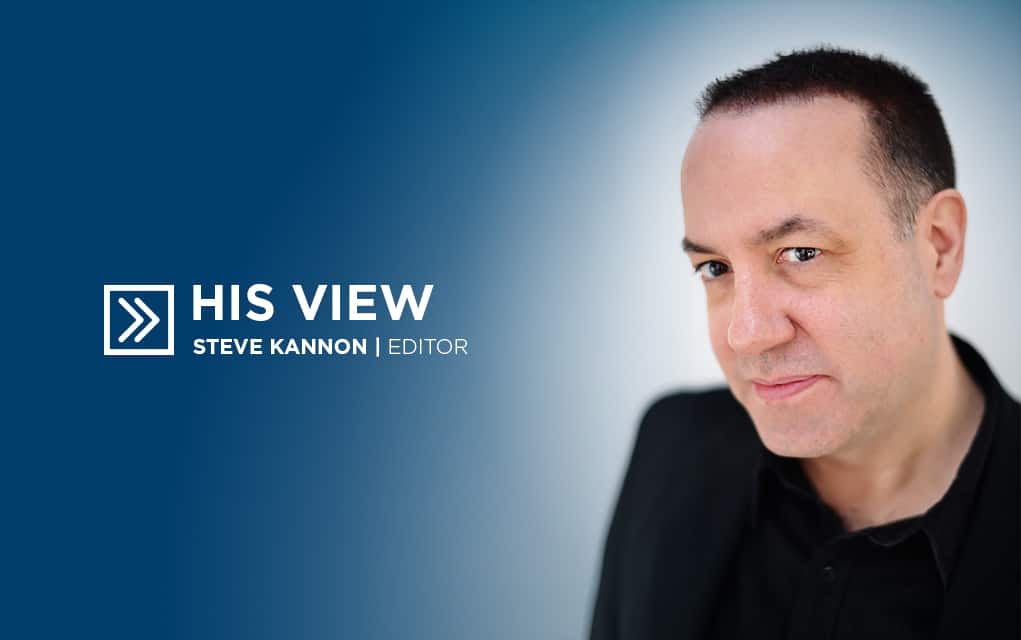;
;
;

Elected on the strength of not being Kathleen Wynne – a ham sandwich, even without cheese or mustard, would have cleared that bar – Doug Ford appears to be on a fast track to proving his critics right. A case in point is Bill 57, the Orwellian Restoring Trust, Transparency and Accountability Act – g
Last updated on May 03, 23
Posted on Dec 06, 18
4 min read
